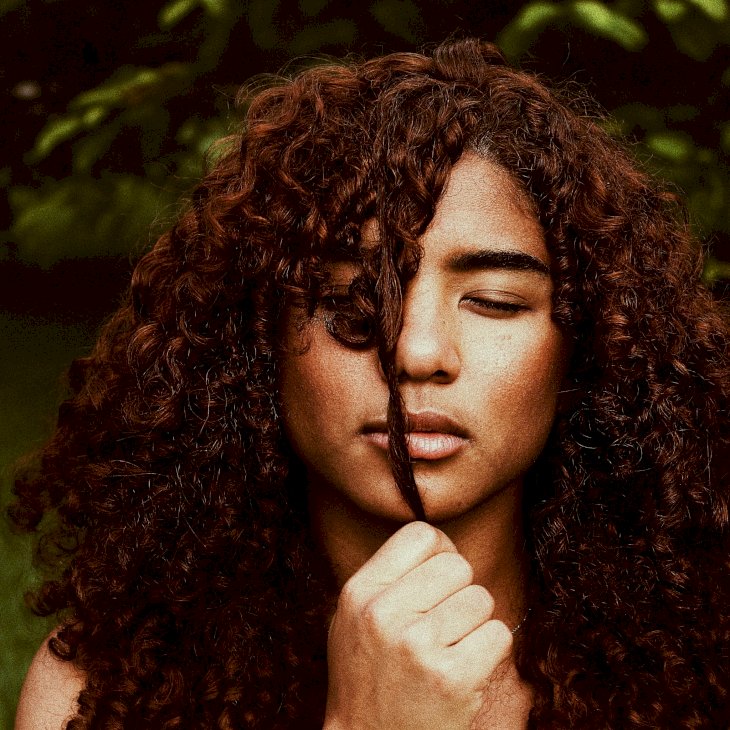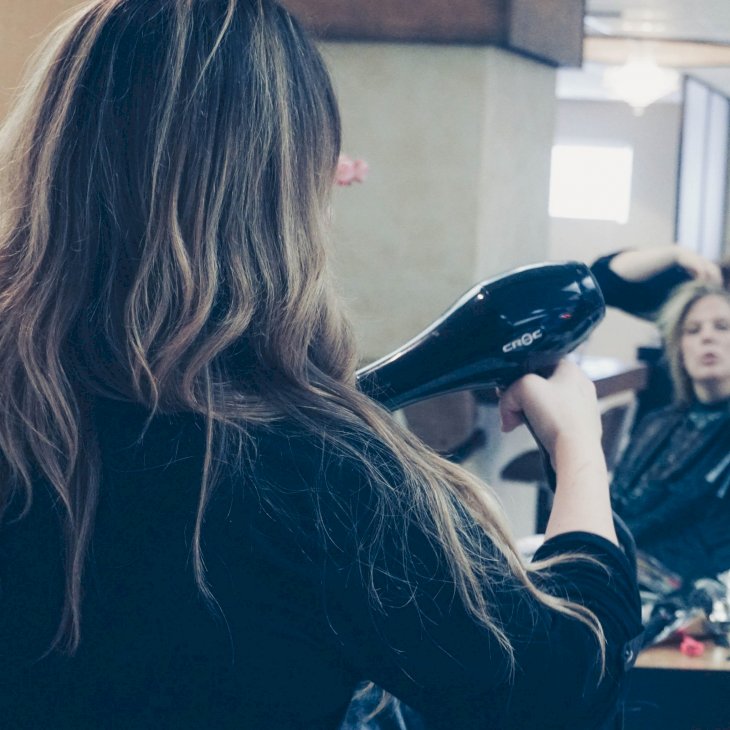
Expert Advice To Grow Your Tresses
Many of us enjoy seeing our hair grow a few inches longer and thicker. The experts have a thing or two to share about growing your hair.
Fun fact: in most cases, hair actually doesn't stop growing. Sometimes it's just a matter of you not retaining the length. That means your hair may be damaged and breaking off at the tips at a similar rate coming out of your scalp.
You need to know that any product that promises faster hair growth should be taken with a handful of salt. Primarily because everyone's hair has a standard rate at which it grows. While you may have habits that prohibit you from experiencing your full growth potential, growing your hair any faster than that is highly unlikely.
How Does Hair Grow

Photo by Valerie Elash on Unsplash
First thing's first, let's go to school and understand some basics around the structure of hair and how it essentially grows. Though the average growth rate for hair about half an inch a month, everyone's hair grows at a different pace.
Master hair colorist Stephanie Brown tells Today that the primary factors influencing hair growth include genetics, diet, hormones, scalp care, and hair care practices, age, and some medications.
Scalp Care

Photo by Honey Yanibel Minaya Cruz on Unsplash
If we're going to understand hair growth, we must get to the root of it all. Your hair grows out of your scalp, so it only makes sense that you should give it some attention to achieve optimal growth. A good scalp oil, mask, or serum used routinely or as needed stimulates the follicles.
"I prefer oils or cream-based masksverses grainy exfoliants, since the rough ingredients in scalp scrubs can actually create micro-abrasions on the scalp, which can lead to the production of harmful bacterias and fungi." says Bridgette Hill, trichologist and colorist at Paul Labrecque Salon and Skincare Spa tells Cosmopolitan.
Trim Your Hair

Photo by Kevin Domfeh on Unsplash
The contentious trimming debate. Well, even the experts are split over what should happen to those fraying ends. But there's a logic behind trimming your ends routinely. It ensures that you don't hit that unwanted length plateau or end up with thinning hair. And if you want healthy hair, a trim every six to eight weeks is non-negotiable, according to Rod Anker of Rod Anker Salons.
"Contrary to popular opinion, getting your hair cut more often does nothing for the growth. Trimming your hair, even whilst you are trying to grow it, simply maintains the health of the hair by removing split ends. If it's growing 1.25cm a month and you trim 0.5cm, you still gain the same length and maintain the integrity of the hair."
Anker tells Vogue.
Customize Routine For Your Hair Type

Photo by Baylee Gramling on Unsplash
Ensure that you are meeting your hair's specific needs. If you know that you are prone to an oily scalp, ensure that you are clarifying more often, for instance. You may want to look into your hair porosity, which can inform how you moisturize it.
Mumbai-based dermatologist Dr. Madhuri Agarwal suggests in a talk with Vogue that dry, frizzy hair, with a deep conditioner. On the other hand, a mild mousse or light conditioner may well serve oily hair.
Avoid Excessive Heat

Photo by Shari Sirotnak on Unsplash
Blow drying, straighteners, hot combs, the whole shebang should be used with caution as heat can damage your precious strands.
When you can't avoid using heat for whatever reason, make sure that you are protecting your hair with a heat protectant every time.